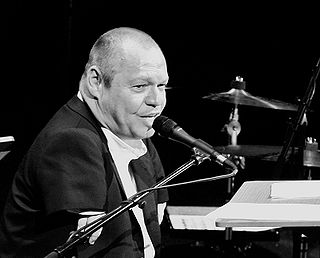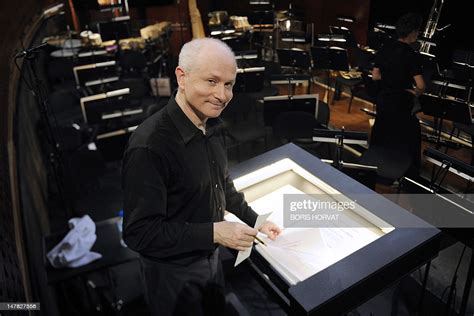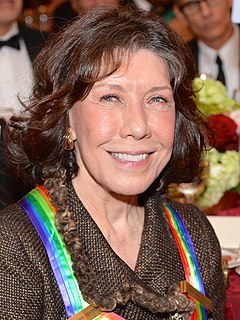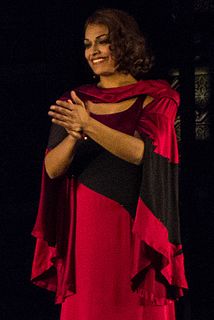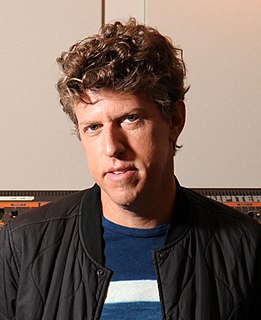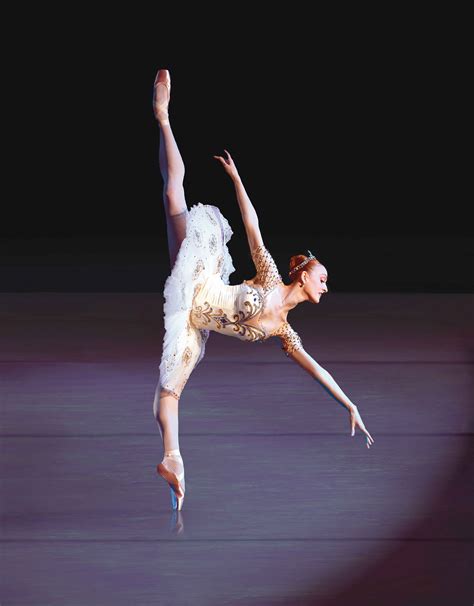A Quote by Thomas Quasthoff
You reach your audience at the moment when you really have something to say - that is, when you're not just delivering a performance.
Quote Topics
Related Quotes
We played a show the other week at this festival and it was an audience that I'd never normally play in front of. That's one the greatest things about festivals: you don't always get your audience, you get people who just pop in out of curiosity. The reaction was amazing; there were people dancing, which we've never had, I guess because the message is pretty powerful and the performance is a lot more visceral than it has been previously. The audiences seem to be reacting to that really well and it's a wonderful thing, because at a performance you really bounce off your audience.
To act out something or take chances in the performance is one thing. But in terms of a camera, whatever's captured is captured so that's a little more daunting. You know you can't go back next week and fix it. Whereas in a live audience you know it's so in the moment and you just go with what's happening. First of all you never have to see it again so you don't know if you were really fulfilling it or not.
Losing ... really does say something about who you are. Among other things it measures are: do you blame others, or do you own the loss? Do you analyze your failure, or just complain about bad luck? If you're willing to examine failure, and to look not just at your outward physical performance, but your internal workings, too, losing can be valuable. How you behave in those moments can perhaps be more self-defining than winning could ever be. Sometimes losing shows you for who you really are.
There is no one who can stop you; you find a mic, a crowd, a set of ears, and nowadays, a camera and YouTube, and you recite your poem. You have your say. I don't want to over-romanticize it: of course, any time an art form ascends, especially when competition is involved, there will be gatekeeping, chauvinism, and other unfortunate dynamics. But the beauty of spoken word and performance poetry is, by and large, its ability to reach people in the moment - right there, right then.
Sometimes the work can get in the way and you give a less-good performance, and sometimes it doesn't and you can really get to the heart of something. And all the other stuff is just interesting and adds another layer to your performance. It helps you find the reality. Because you're not just playing yourself, you know? That would be kind of boring.
Performance is really an important part of how I edit. I sometimes take something out because I realize I put in a joke just to be funny and the audience laughed, but I should be ashamed of myself. I sometimes take out sentences, which are perfectly fine on paper, just because they don't flow when I say them out loud. I always read my work out loud now.
